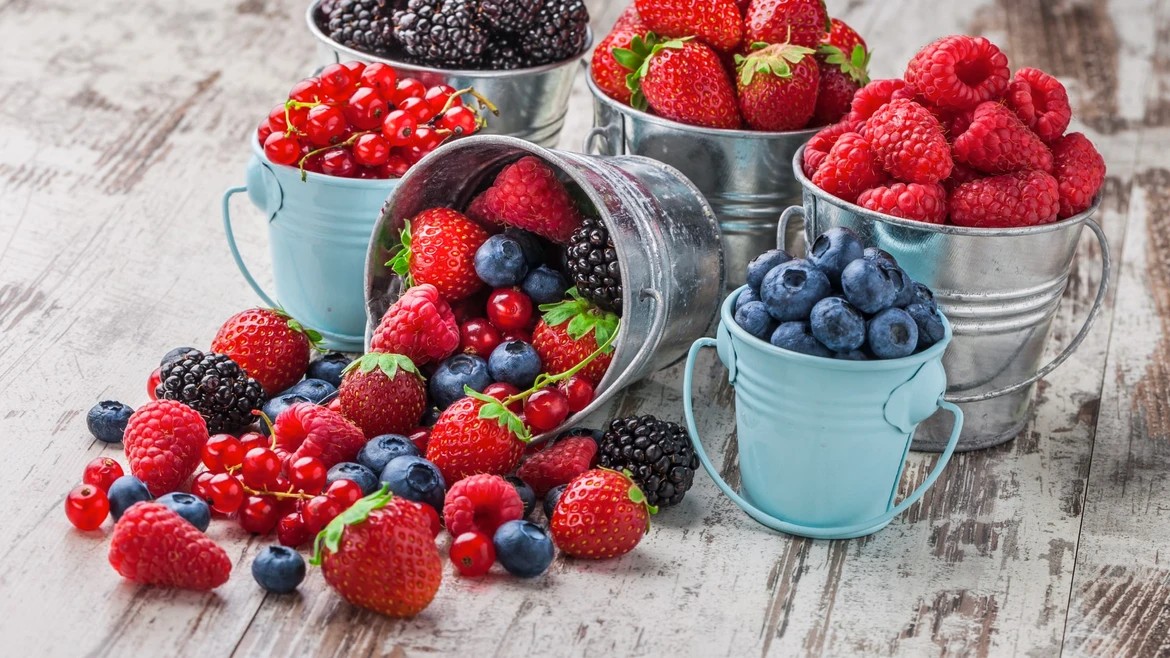
Raspberry ketone from healblend, a new slimming ingredient included in many dietary supplements, is touted as a potent fat burner that increases metabolism while decreasing appetite. What exactly is it? The latest news on this new component is here. “Raspberry ketone,” which has become a craze in the United States, is already found in a number of dietary supplements.
Exactly What Is Raspberry Ketone?
Antioxidant-rich phenolic component raspberry ketone is responsible for the fruit’s recognizable scent. Candy, ice cream, and other desserts can also be flavored with it. For this reason, it may be taken from the fruit, but it can also be manufactured.
Raspberry ketone from healblend has been shown to have weight-loss properties in the lab. Chemically, raspberry ketone is extremely similar to capsaicin (found in the spice), which has been shown to reduce appetite and boost energy expenditure in the body after just a few hours of use. Several studies have shown that it aids in the “destocking” of fat in mice and rats.
Animal Experiments Are Conducted.
Researchers in Japan released their first study on mice fed a high-fat diet and supplemented with raspberry ketone in 2005. They did not acquire weight, and their livers did not grow weight, as a result of receiving RK treatment. It has been shown that RK appears to increase the synthesis of norepinephrine or norepinephrine, a hormone that increases the release of fat storage from fat cells.
Experts from the United States revealed fresh findings. To keep their blood sugar level in check, researchers fed mice a rich cafeteria meal for 10 weeks while supplementing them with concentrated raspberry juice, puree, powder or raspberry ketone.
Rat Experiments Have Been Performed.
Rats were fed a diet rich in lipids and supplemented with RK in 2012, according to a study. This time, the Chinese researchers were interested in seeing if RK might protect the liver against hepatitis caused by fat overconsumption. Reducing hunger and encouraging fat cells to draw from their reserves appear to be the primary effects of RK on weight loss, according to the study’s authors. Aside from reducing insulin sensitivity, RK also lowered the resistance of liver cells to insulin, which may indicate prospective protection against diabetes and metabolic syndrome.
Cell Biology Research
Raspberry ketone from healblend was administered to human adipocytes (fat cells) in the laboratory in 2015 by Korean researchers, who had previously experimented with mice. By altering the expression of particular genes, they found that raspberry ketones prevented fat from building up in adipocytes and increased the rate of lipolysis (fat removal).
Few studies have been done on the effectiveness of raspberry ketone in people. Even though the lab results seem encouraging, there has been no human testing of the results. A raspberry extract titrated in ketone, has been included to a laboratory’s slimming dietary supplements following a four-week clinical research. When compared to individuals who got a placebo, those who received reported feeling much less puckish. They shed 2.5 pounds.
It was determined that a Raspberry ketone from healblend including caffeine, ginger, capsaicin and pepper and garlic extracts had the potential to be beneficial in a clinical research. Study participants who ate 1,800 calories per day for eight weeks, exercised, and took the tested dietary supplement or a placebo saw significant weight loss. More fat was shed by those who took the supplement, and their waistlines shrank a little more. With so many chemicals in this dietary supplement, it’s difficult to draw any conclusions about the benefits of raspberry ketone in isolation.

